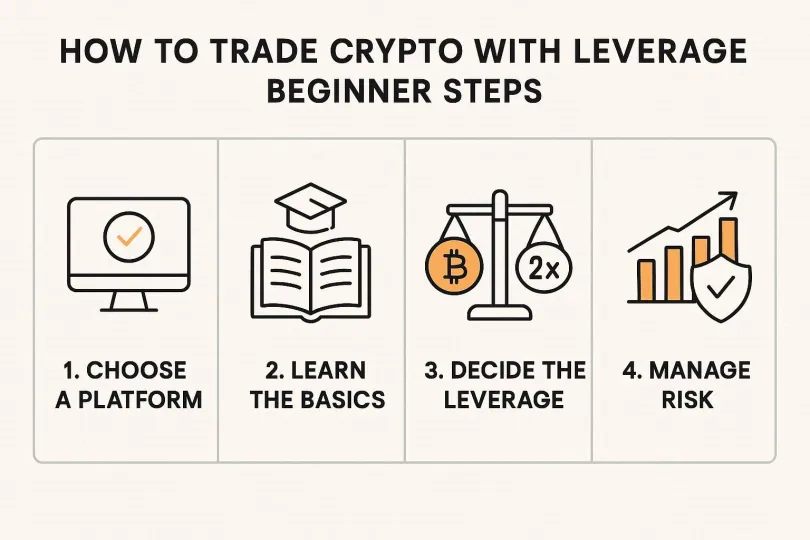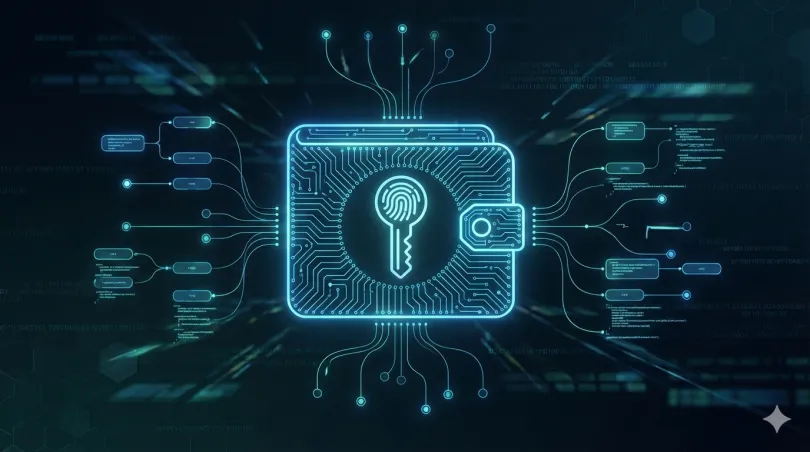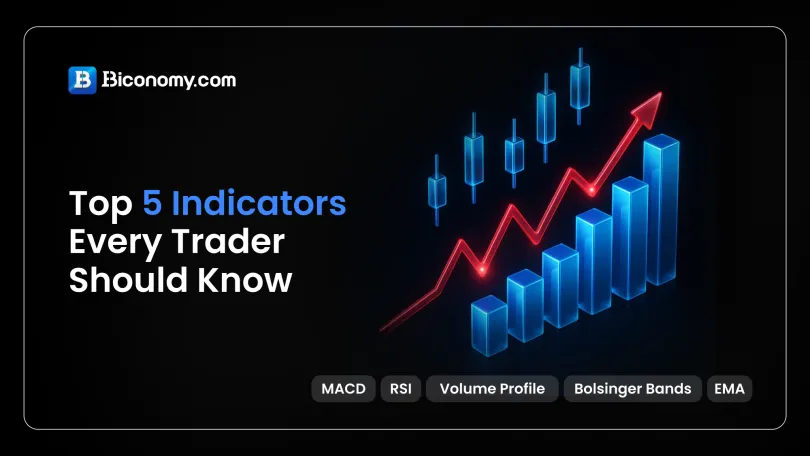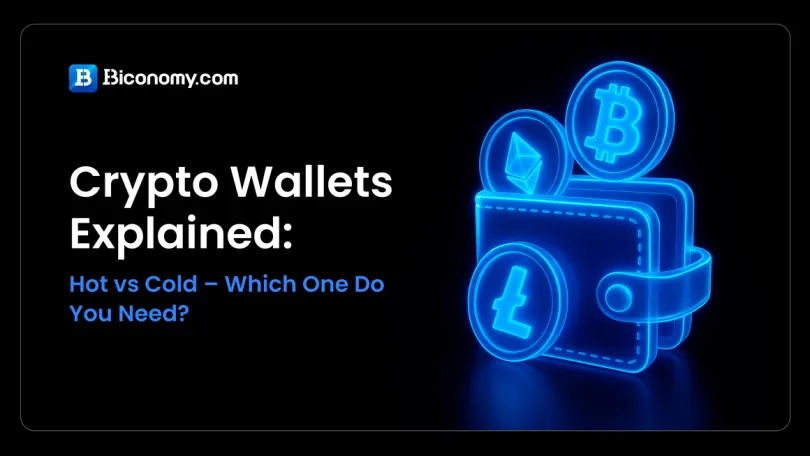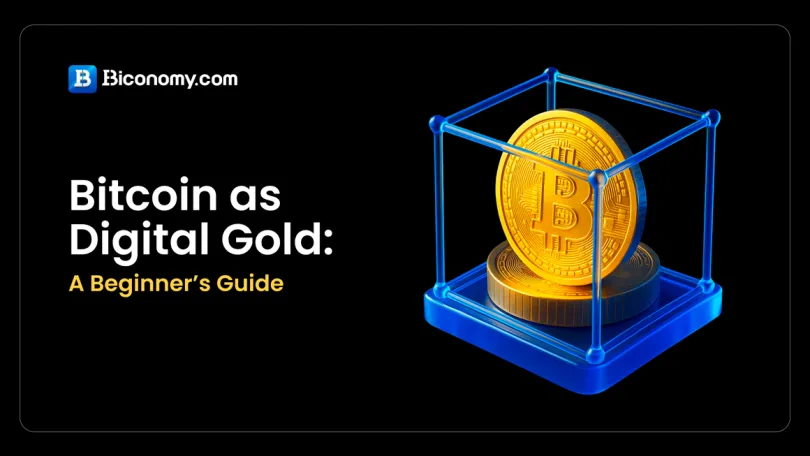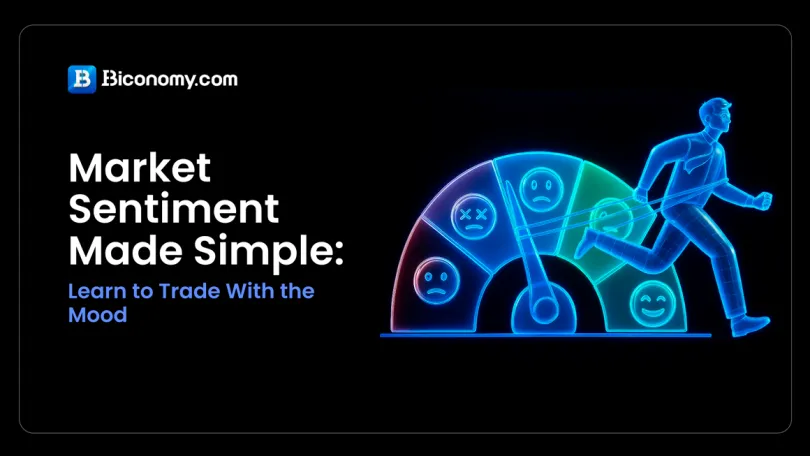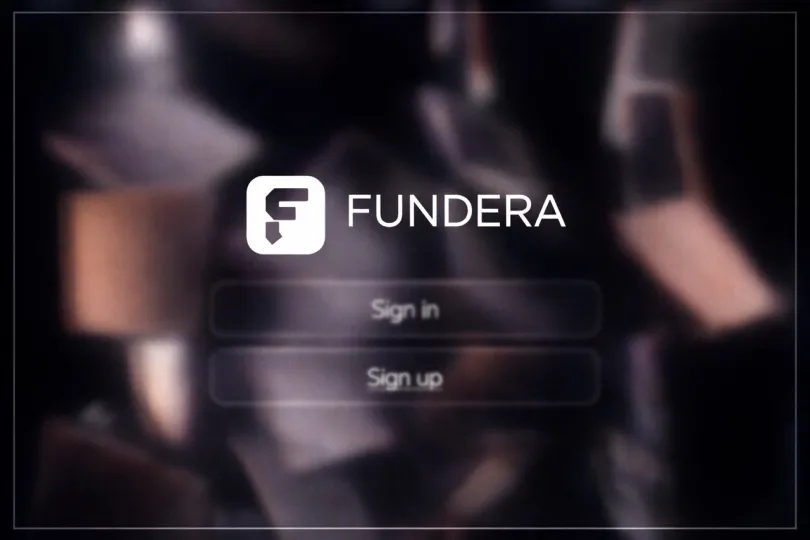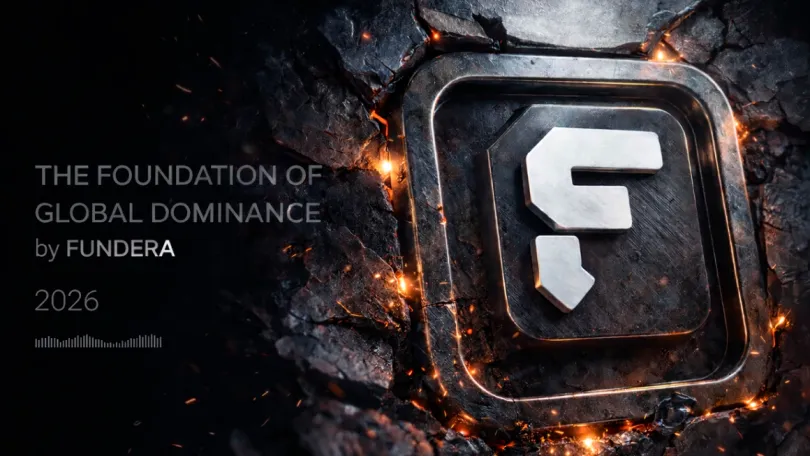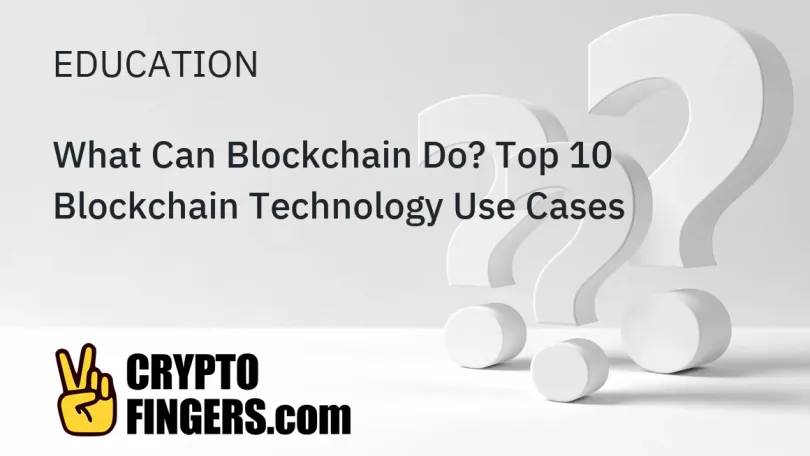
While blockchain technology is typically spoken about in the context of cryptocurrencies, this new technology has been adapted to serve several use cases beyond the scope of #crypto assets that have opened several possibilities for users and entrepreneurs alike.
In this guide, we will list the top ten blockchain technology use cases.
What is Blockchain?
A blockchain is simply a digital ledger of transactions that are distributed across an entire network of nodes. Thanks to this distributed setup, blockchain technology stores information in a manner that makes it nearly impossible to alter or manipulate records.
Each block in the chain contains a batch of transactions, and each time a transaction happens on the blockchain, a record of the transaction is added to an immutable ledger and can be seen by all participants in a permissionless (or permissioned) network. All network participants share a single view of truth and can transparently track orders, payments, accounts, assets, and more.
Blockchain #transactions are based on the concept of a cryptographic signature, also called hashing. This makes them tamperproof since any changes to a blockchain have to be affected across all distributed copies of the network.
What Can Blockchain Do?
Blockchain technology has other uses beyond cryptocurrencies. Industry leaders are using different types of #DLTs to build trust, remove friction and unlock new value. We have listed ten real-world blockchain use cases that are changing the way we do business.
Let's take a look!
Money Transfer and Payments
Blockchain technology underpins bitcoin (#BTC), which was the first digital currency used for money transfers. Blockchain technology facilitates peer-to-peer transactions between parties without having to go through a financial intermediary like a bank. By directly sending money from one crypto wallet to another, blockchain technology reduces transaction settlement times, eliminates counterparty fees, and offers a transparent and auditable record of transactions.
Supply and Logistics
Blockchain is beneficial when it comes to monitoring and managing supply chains. By moving to blockchain-based systems and eliminating paperwork, enterprises can locate inefficiencies in their supply chains and take corrective measures. Blockchain technology can also be used to establish the provenance of items enhancing quality performance across a supply chain.
According to a 2018 report by DHL, lack of transparency and data siloing are challenges faced by supply chain and logistics companies. DLTs can automate the process of data sharing by providing a single source of truth for all stakeholders. Companies like DHL or Maersk are embracing blockchain to enhance shipping operations.
Internet of Things (IoT)
#IoT is another frontier for blockchain use cases. Blockchain technology seems to be an answer to some of IoT’s safety concerns. With millions of IoT devices in the market, the potential for hackers to steal customer data from Amazon’s Alexa or a smart TV is high. DLTs provide a higher level of security for IoT devices by offering transparent and tamperproof records of machine-to-machine interactions.
Medical Records and Healthcare
Blockchain can be useful for securely storing patient records. DLTs can be used to disseminate patient information to concerned stakeholders with the approval of the patient. Also, blockchains can facilitate the filing of accurate medical claims to insurers and automate the payment of these claims through smart contracts.
Several companies are working to reduce healthcare costs by experimenting with blockchain to collect and share private information.
Digital Voting and Governance
Blockchain can be used to create more trust and transparency for digital voting systems. As such, DLTs might serve as a verification tool for votes that can also be committed to an immutable digital ledger. This way, all stakeholders can view the tallying in real-time, while votes are cast through the blockchain. This means that the results, i.e., voting records, are stored on the blockchain.
Blockchain can also be used by local governments to secure citizen records, reduce red tape and increase accountability in governance systems. Using blockchain in governance has the ability to stop identity theft through safe identity encryption. For example, the Australian government has entered into a partnership with IBM to combine its passport and birth certificate databases and store them on a DLT layer.
Media and Copyrights
According to a report by Deloitte, the mass consumption of digital media has resulted in extensive sharing of content that infringes on copyrights and ownership laws. Issues ranging from data privacy, piracy of intellectual property (IP), and royalty payments are on the rise. Blockchain technology has the ability to solve each of these challenges.
Blockchain technology makes it possible to store audio files and other digital media as #NFTs. This way, media creators have ownership over their content and can decide where it is published. The ownership metadata is cryptographically stored on the blockchain (or decentralized storage solutions like IPFS) and media companies have to authorize any third-party usage of their material. Also, royalties can be distributed to the right parties through auditable smart contracts.
Digital Identity Protection
Every year millions of people worldwide are exposed to identity fraud. This type of fraud encompasses activities such as document forgery to the hacking of personal files. By storing social security numbers, birth certificates, and other sensitive information on the blockchain, authorities could see a significant drop in identity theft cases.
Blockchain can allow users to have greater control of their digital identities. As #Web3 becomes popular, we expect to see the development of self-sovereign identity (SSI) for users. SSI can provide interoperability on the internet and convey your identity over various decentralized applications. Civic is an example of a blockchain-based company working to give users more control over their #digital identities.
Retail Loyalty Programs
Blockchain technology could transform the retail industry by being incorporated into consumer loyalty schemes. Token-based schemes could be used, where stores can reward their shoppers with digital tokens, which the latter can hold or sell on crypto exchanges. The tokens can also offer certain benefits, such as discounts on future purchases, free access to events, or early availability of certain products.
Food Traceability
Blockchain technology can be used to trace food from farm to fork. This can be done by adding all stakeholders in a value chain as permissioned participants, and data can be added at every point, from production, harvesting, packing, transport, warehousing, distribution, and retail. Data points will include inputs used, handing, certificates, temperature, farmer details, and batch information. For instance, Walmart is using blockchain technology to ensure groceries and meats at their stores meet food safety standards.
Enforce Workers Rights
Blockchain can be used to improve the rights of workers around the world. #Smart contracts can be used to verify and enforce digital contracts between employers and employees. Coca-Cola, in partnership with the US State Department, initiated a project in 2020 to create a blockchain registry for workers. This would be used by workers to report cases of forced labor.
FAQs
What is the most used blockchain in the world?
The Bitcoin blockchain is the most used blockchain network in the world, with the highest number of wallets. Average daily bitcoin transactions are currently worth around $2.5 billion but have previously been as high as $10 billion per day.
What are the four types of blockchains?
Public blockchain – This is an open blockchain network that can be accessed by anyone with an internet connection. This type of network has no restrictions on any of its participants.
Private blockchain – This is a permissioned network where only selected nodes can participate in the process.
Hybrid blockchain – This is a blockchain that is both public and permissioned, allowing participants to access the network but with different levels of authorizations and rights.
Consortium blockchain – This type is also known as a federated blockchain, and it can involve multiple institutions, stakeholders, or governments using it to manage complex processes and systems.
What are smart contracts?
A smart contract is a self-executing program where the terms of the agreement are written into code. Smart contracts operate on a blockchain network and are used to trigger actions or transactions when certain conditions of the agreement are met.















